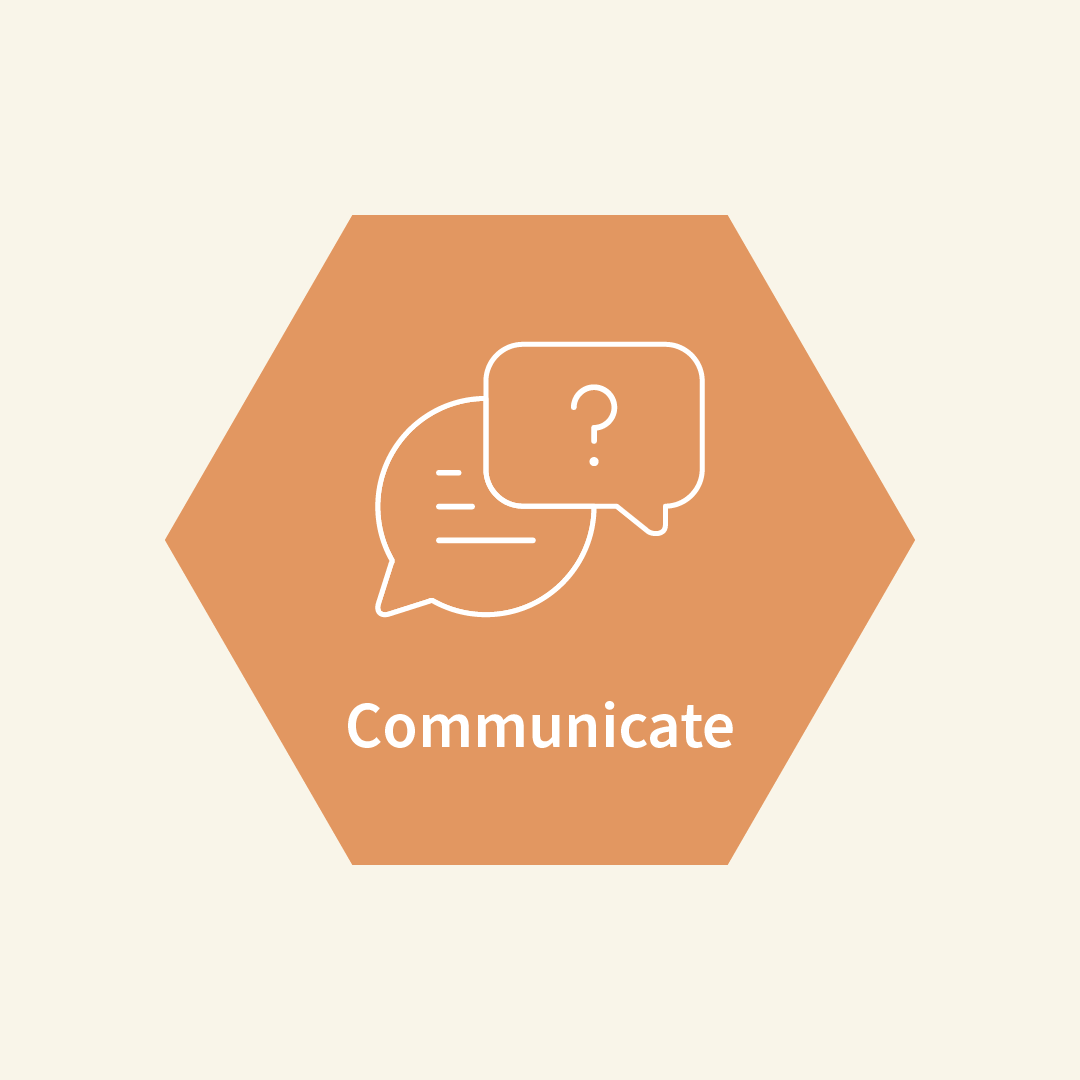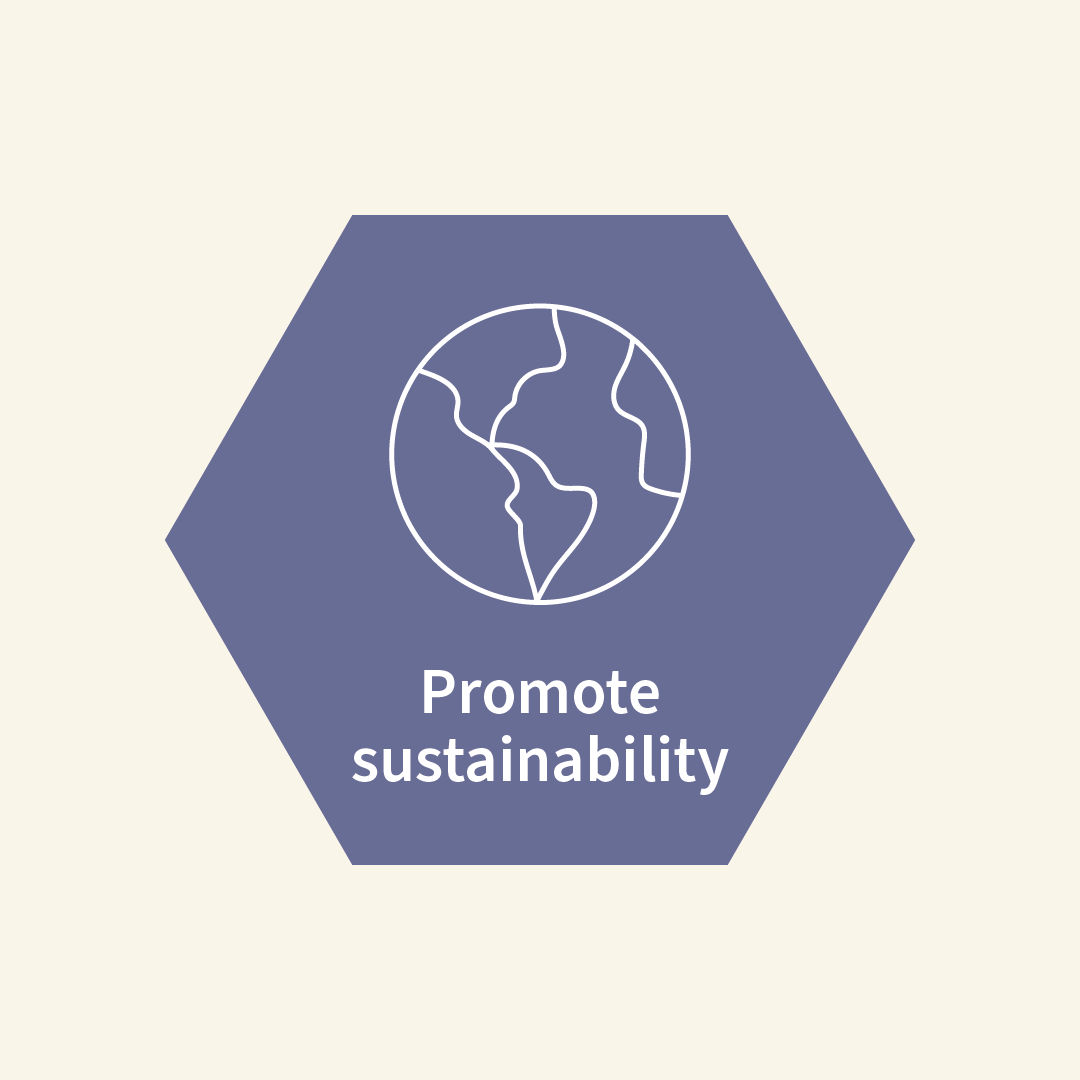Authentic assessment design for a large first year module

This authentic assessment was developed for a first year BSc Business and Management core module. Students work in groups to develop and present solutions to real business challenges.
 These challenges are designed in collaboration with real employers and the students present their ideas back to company representatives. The aim of including authentic assessment and learning activities is to support students to become independent and confident learners, and to begin developing professional attributes, skills and competencies early in their degree.
These challenges are designed in collaboration with real employers and the students present their ideas back to company representatives. The aim of including authentic assessment and learning activities is to support students to become independent and confident learners, and to begin developing professional attributes, skills and competencies early in their degree.
The authentic task
One such real scenario was a collaboration relating to sustainability designed with a start-up company, OLIO www.olioex.com. OLIO is a free mobile app for food sharing, aimed at reducing food waste, which currently has over three million users. To increase the degree of authenticity every attempt was made to make the task as close to real practice as possible.
The aim of the task was to turn the OLIO app into a self-sustaining business, reflecting the real challenge the company was facing. Students took the role of OLIO’s business development team to develop and present three ideas to OLIO to further monetise the app by creating multiple revenue streams.
The key requirement of the task was for students to justify how their ideas fit with and reflected the sustainability values of OLIO as a company.
Assessed skills
 The assessment involved ‘live’ online oral presentation to the class and to employers. As part of the assessment students had to demonstrate a mastery of relevant competencies, namely analytical skills (evidence of research and ability to identify, analyse and prioritise relevant information on monetization trends and strategies for mobile apps), critical thinking skills (ability to engage with the task and assessment brief and justify their choices with regard to the OLIO’s Sustainability ethos), and communication skills (ability to present information in meaningful, professional and structured way and engage in constructive dialogue with OLIO).
The assessment involved ‘live’ online oral presentation to the class and to employers. As part of the assessment students had to demonstrate a mastery of relevant competencies, namely analytical skills (evidence of research and ability to identify, analyse and prioritise relevant information on monetization trends and strategies for mobile apps), critical thinking skills (ability to engage with the task and assessment brief and justify their choices with regard to the OLIO’s Sustainability ethos), and communication skills (ability to present information in meaningful, professional and structured way and engage in constructive dialogue with OLIO).
Strengths and challenges
The introduction of this authentic assessment has seen improved student engagement in the module, and enhanced development of qualitative research, analytical and critical thinking skills. Students developed confidence in interacting with and presenting to industry professionals and improved their digital teamworking skills. Student feedback indicated that they enjoyed engaging with the authentic tasks and assessments. On the Module Evaluation question “The module challenges me to achieve my best work” in 2021/22, the module received 76.8% positive scores, the highest of all the Year 1 modules, which together had an average of 67.6%.
The process was also beneficial to the business involved as they were presented with a wide range of potential ideas. However, key challenges are that it can be difficult to find employers willing to commit their time to this type of learning intervention, and it is time consuming to organize and design tasks with real employers.
Assessment tools used and feedback given to students
- MSTeams for videoconferencing
- OneNote for students' independent groupwork
Company representatives attended all presentation assessment sessions and asked students questions on their recommendations, and gave constructive feedback on the content and style of their presentations. Students received feedback on both the content of the presentation and the presentation style within a professional context.
Assessment format
The assessment was initially delivered online as it was first introduced in 2020; this made it easier for the employer to engage as they could communicate with all students on the module at once, whereas they would not have been able to attend multiple seminar groups in person.
Integrity issues
The authentic nature of this task means that students by necessity have to come up with their own solutions and recommendations, and present their reasoning and rationale behind them. To mitigate potential challenges with group assessment (e.g. unfair distribution of work among the group), students also submit an individual written reflection on how well they worked as a group and the content of the challenge itself.
Contributor profile:
Dr Georgy Petrov is Senior Lecturer in Management and Director of Skills and Employer Engagement in the School of Business and Management.
Prior to joining Queen Mary in March 2020, Georgy held academic positions at a number of universities, including the Coventry University London, Kingston University Business School, and the University of Exeter Centre for Leadership Studies.
Georgy is a Senior Fellow of HEA and holds PhD in Higher Education and Organisation Studies from the UCL Institute of Education, University of London.
